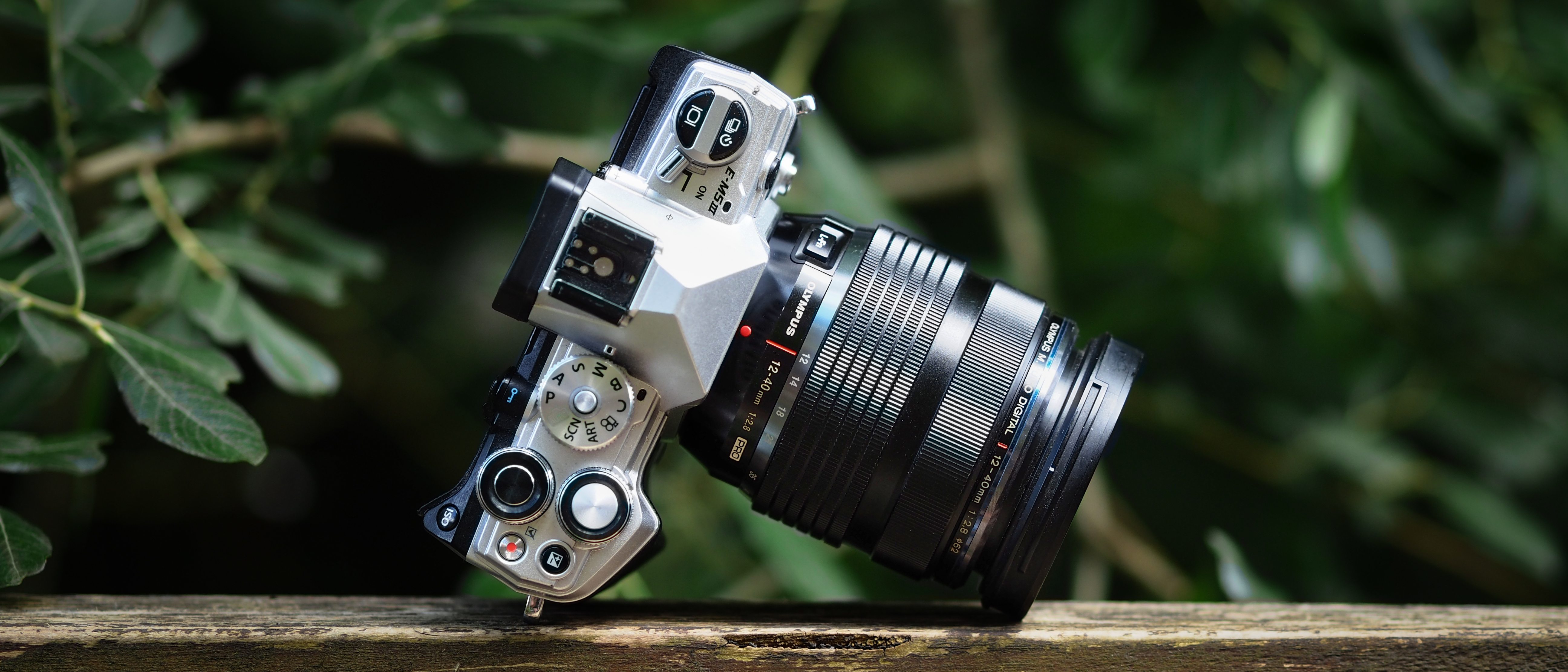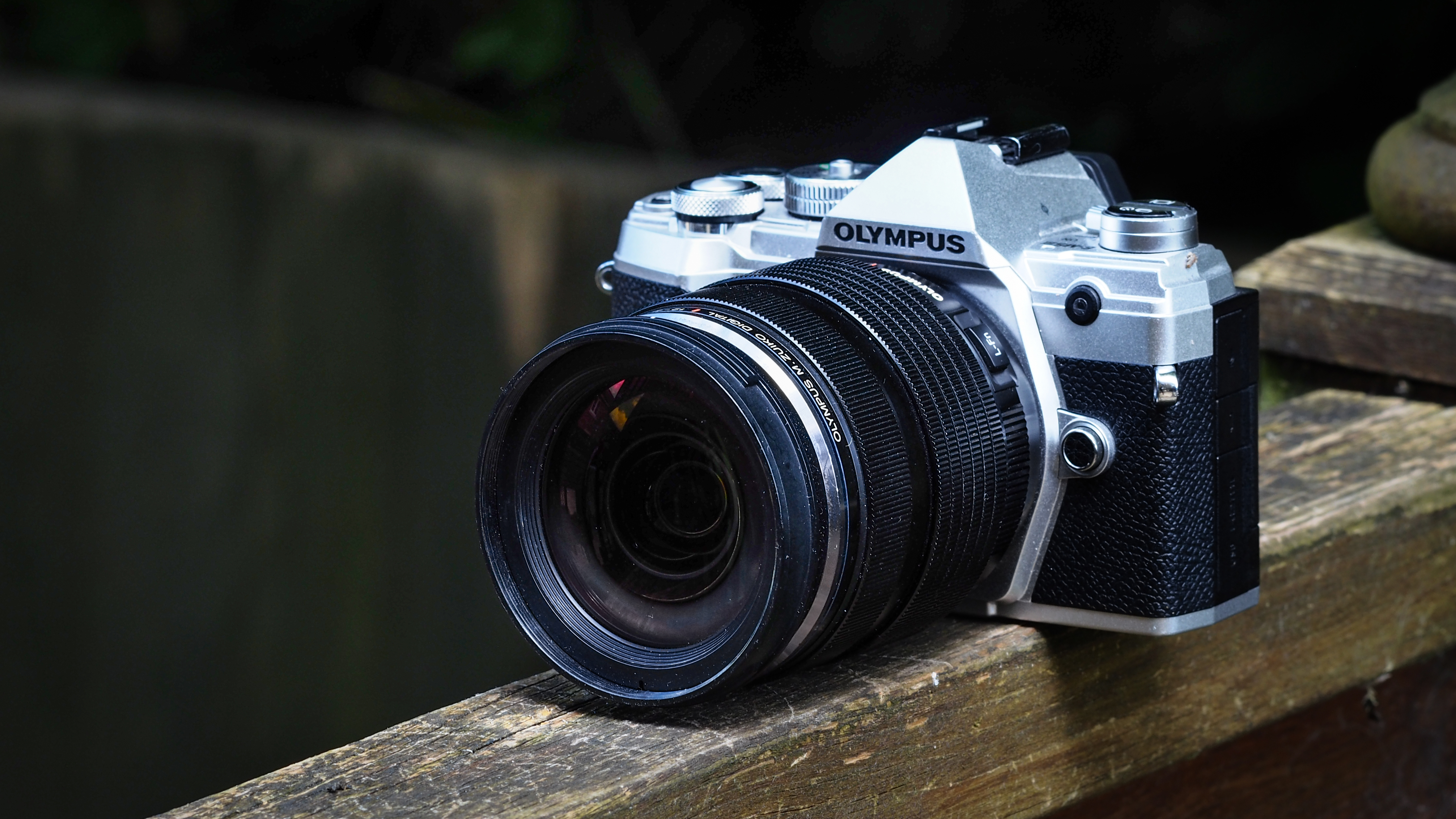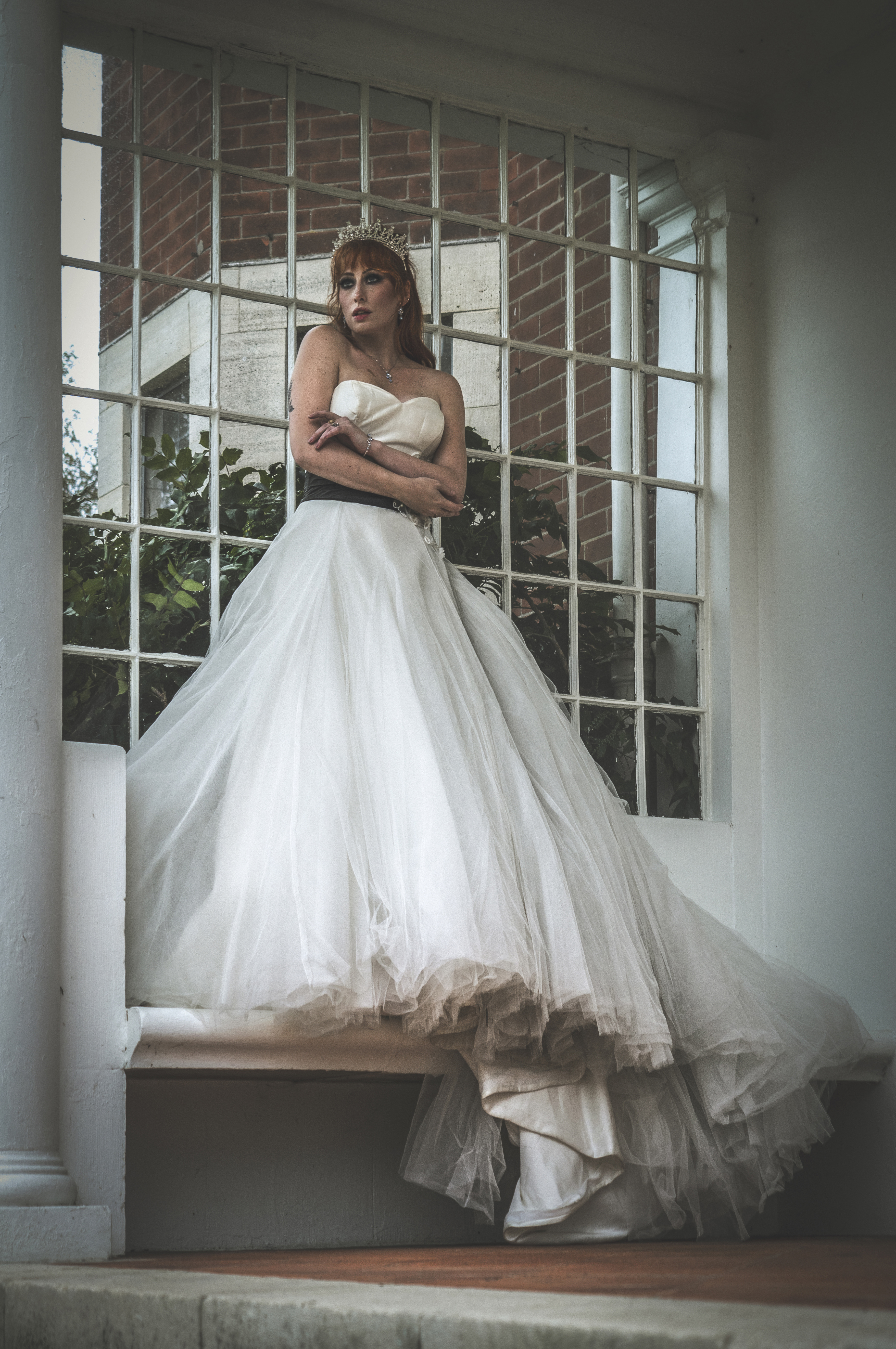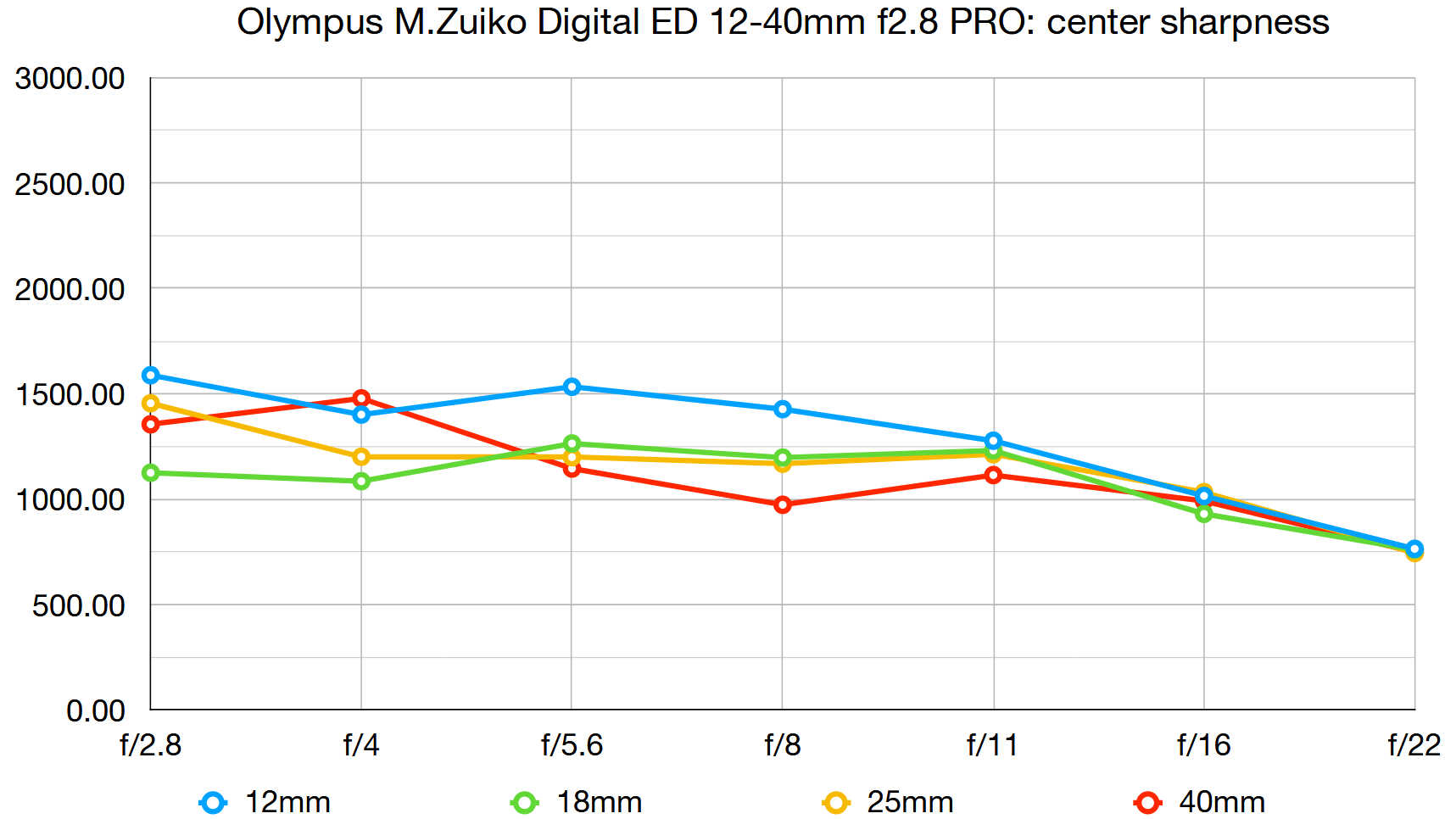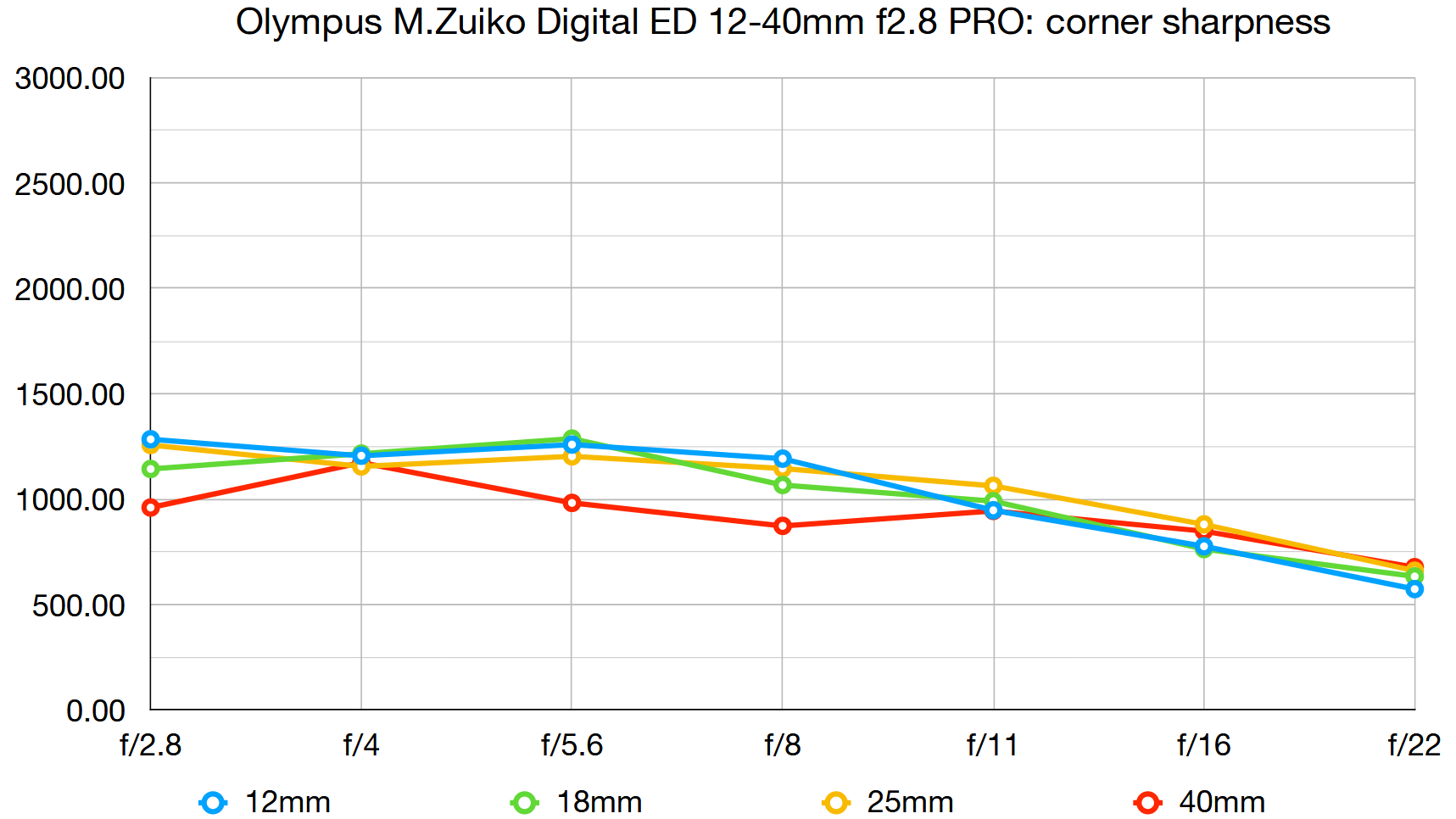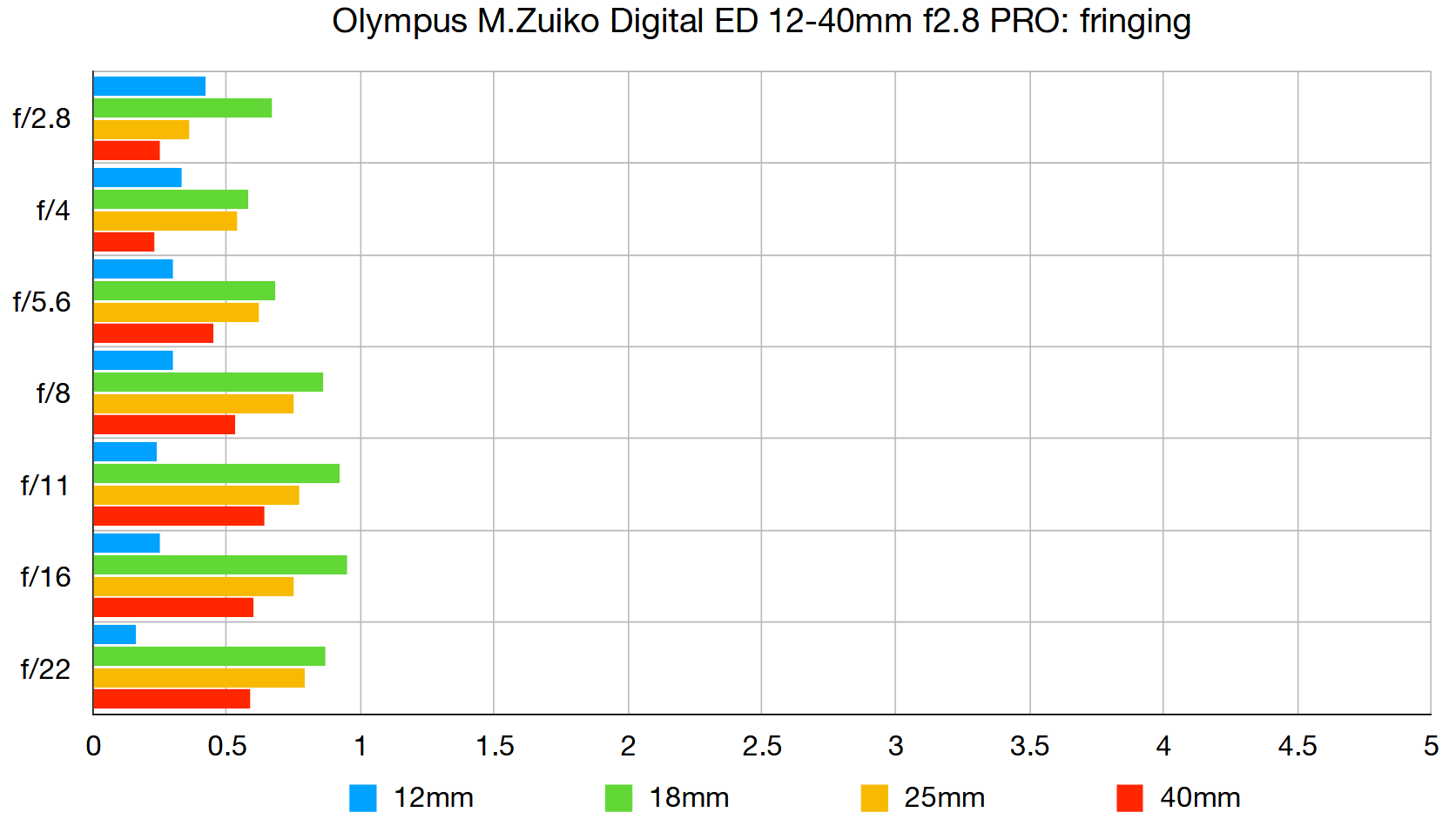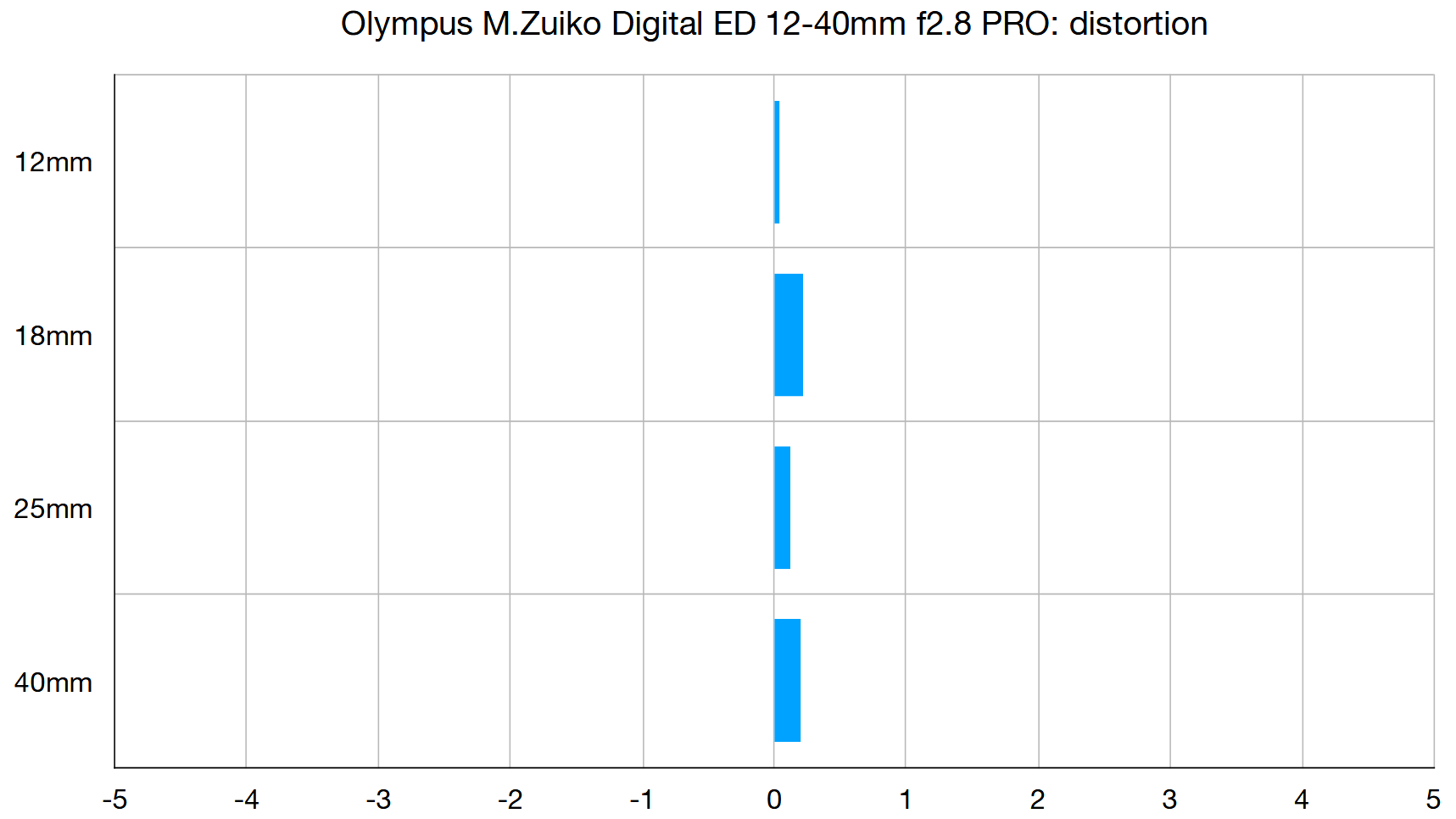Digital Camera World Verdict
With an effective zoom range of 24-80mm in full-frame terms, and a fast constant aperture of f/2.8, this is a pro-grade standard zoom lens for Micro Four Cameras. It has a suitably tough, weather-sealed construction, high-end handling characteristics and excellent all-round performance. It’s pretty pricey to buy but the standard of quality throughout makes it good value for money.
Pros
- +
Fast, constant aperture
- +
Excellent build quality
- +
Push-pull focus ring
Cons
- -
Relatively large for an MFT lens
- -
Quite pricey
- -
Push-pull focus ring
Why you can trust Digital Camera World
A holy trinity lens, the Olympus M.Zuiko 12-40mm f/2.8 Pro is equivalent to a 24-80mm in full frame terms – making this the standard zoom that's the workhorse of many a professional kitbag.
However, at just 382g, the Olympus M.Zuiko 12-40mm f/2.8 Pro is a lot less heavy than most f/2.8 zooms for cameras with larger APS-C format or full-frame image sensors. Which also makes it a fantastic choice for travel, street and everyday photography.
Despite the similar focal range, it should not be confused with the smaller, cheaper Olympus M.Zuiko 14-42mm pancake zoom that is often sold as a kit lens with Olympus / OM System cameras. While that's arguably an even better lens for taking on vacation, it's two stops slower and optically less refined.
That said, the Olympus M.Zuiko 12-40mm f/2.8 Pro has been superseded by the OM System M.Zuiko 12-40mm f/2.8 Pro II. Crucially, though, the only difference is that the newer lens bears the OM branding (instead of Olympus) and is weather-sealed to the higher IP53 standard (above the IPX1 of this lens).
Otherwise, they're identical. So if you can find a better deal on this version, it's probably the one to go for. Let's take a closer look and see how it fares…
Specifications
Mount: Micro Four Thirds
Autofocus: Yes
Image stabilization: No
Lens construction: 14 elements in 9 groups
Angle of view: 83-40 degrees
Diaphragm blades: 7
Minimum aperture: f/22
Minimum focusing distance: 0.2m
Maximum magnification ratio: 0.3x
Filter size: 62mm
Dimensions: 70x84mm
Weight: 382g
Key features
Beautifully crafted, this lens has excellent, weather-sealed build quality that's certified to the IPX1 standard – which is the main difference between this lens and the Mark II version, which is rated at the higher IP53 standard.
The best camera deals, reviews, product advice, and unmissable photography news, direct to your inbox!
Handling ‘luxuries’ include a physical focus distance scale, which is revealed when pulling back the focus ring to engage manual focus. However, push-pull focus rings aren’t to everybody’s taste, and can easily be nudged into the wrong position accidentally. The MSC (Movie & Stills Compatible) autofocus system itself is fast for stills, and operates smoothly in near-silence for movie capture.
There’s also a neat customizable Lens-function button. Optical highlights include two aspherical elements, one dual surface aspherical element, one ED aspherical element, two further ED elements, and two High Refractive index elements. A ZERO (Zuiko Extra-low Reflection Optical) coating is applied to multiple elements to minimize ghosting and flare.
Performance
Sharpness and contrast proved excellent in our real-world testing, throughout the entire zoom range, even when shooting wide-open at f/2.8. Thanks to firmware corrections, lateral chromatic aberration and distortion are complete non-issues, and the lens is impressively resistant to ghosting and flare.
This is a trinity lens right up there with the best from any other format, from any other manufacturer. It performs well under any conditions, including the most challenging ones, whether you're shooting into the sun or while it's hammering down with rain. Or even on those odd days when the weather is behaving perfectly, or you're shooting in the studio.
Its focusing is fast and nimble, and the ability to click the clutch to slip into manual mode if you want or need to fine focus is something that we wish every lens had.
Lab results
We run a range of lab tests under controlled conditions, using the Imatest Master testing suite. Photos of test charts are taken across the range of apertures and zooms (where available), then analyzed for sharpness, distortion and chromatic aberrations.
We use Imatest SFR (spatial frequency response) charts and analysis software to plot lens resolution at the center of the image frame, corners and mid-point distances, across the range of aperture settings and, with zoom lenses, at four different focal lengths. The tests also measure distortion and color fringing (chromatic aberration).
Sharpness:
Lab test results for sharpness don’t look particularly inspiring but the lens performed very well in our real-world tests.
Fringing:
Thanks partly to automatic in-camera corrections, there’s no fringing to be seen, even in the corners of the frame.
Distortion:
As with fringing, distortions are kept firmly at bay with auto corrections, so you can be assured of distortion-free images.
Verdict
With an effective zoom range of 24-80mm in full-frame terms, and a fast constant aperture of f/2.8, this is a pro-grade standard zoom lens for Micro Four Cameras. It has a suitably tough, weather-sealed construction, high-end handling characteristics and excellent all-round performance. It’s pretty pricey to buy but the standard of quality throughout makes it good value for money.
Should you buy this, the original Olympus version, or the newer OM System Mark II version? They are optically identical, the only difference being that the Mark II has superior IP53 weather-sealing. Only the OM System OM-1, OM-1 Mark II and OM-5 have the same level of sealing, so unless you have any of those bodies then you will receive no benefit over this lens – which you'll probably find cheaper.
Read more:
• Best camera lenses to get
• Best Canon lenses
• Best Nikon lenses
• Best Sony lenses
Matthew Richards is a photographer and journalist who has spent years using and reviewing all manner of photo gear. He is Digital Camera World's principal lens reviewer – and has tested more primes and zooms than most people have had hot dinners!
His expertise with equipment doesn’t end there, though. He is also an encyclopedia when it comes to all manner of cameras, camera holsters and bags, flashguns, tripods and heads, printers, papers and inks, and just about anything imaging-related.
In an earlier life he was a broadcast engineer at the BBC, as well as a former editor of PC Guide.
- James ArtaiusEditor in Chief
